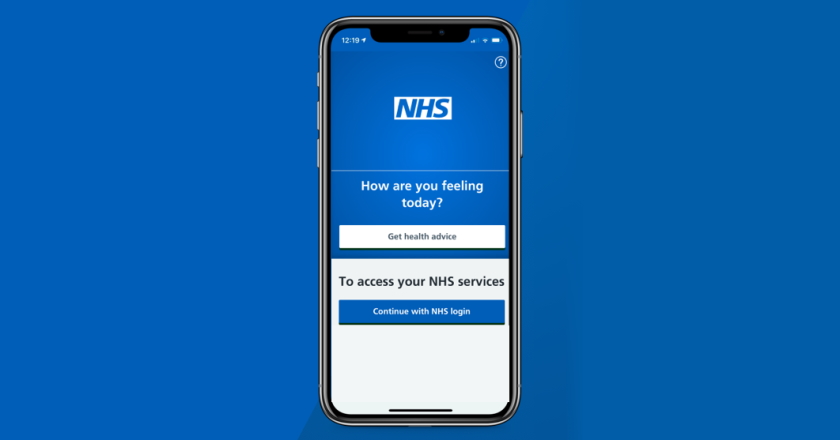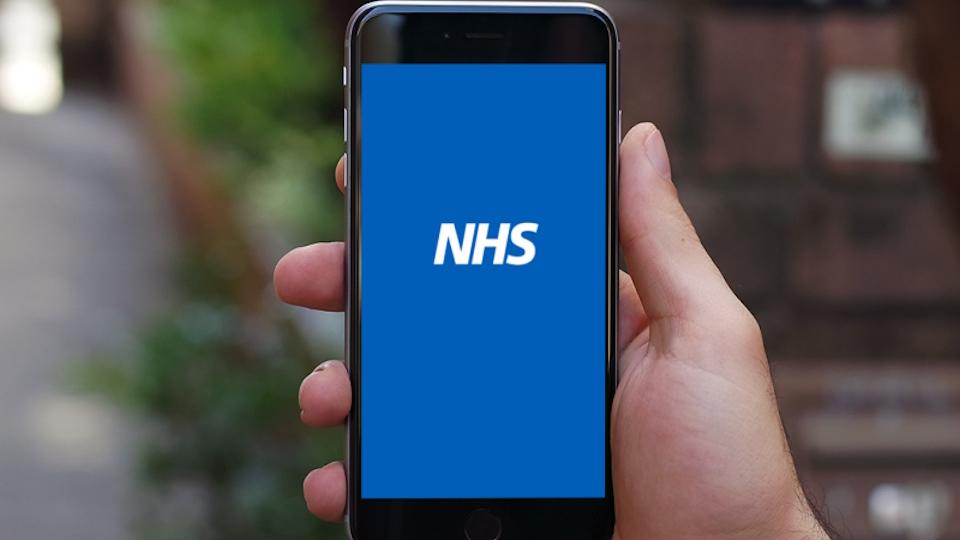NHS App at heart of general practice recovery plans

The new NHS England blueprint for recovering access to primary care reveals just how pivotal this digital interface will be to the government’s plans.
The document sets the target of March next year for more than 90% of general practices in England to offer the existing features of the app – handling appointments, messaging with healthcare staff and organising repeat prescriptions, as well as allowing patients to view their health records and test results.
At the moment, all of those functions of the four-year-old app are available for patients registered with around 20% of practices, so overall, that target represents a very large increase in usage and functionality.
Currently, 99% of practices use the app for repeat prescriptions, 90% offer appointment bookings, 58% have secure messaging, and 20% connect patients with their health records, according to the blueprint.
NHS England said the aim is to empower patients to manage their own health, with the app part of a trio of measures along with allowing them to self-refer for services like physiotherapy, hearing tests, and podiatry and get medicines for common ailments from pharmacies without seeing their GP first.
The government said at the end of last year that there had been 30 million sign-ups to use the NHS App, with 1.7 million GP appointments booked and over 22 million repeat prescriptions ordered in the previous 12 months.
In a new update, the total number of repeat scrips has reached 42 million, running at a rate of 500,000 every week, with 32 million sign-ups, 28 million of which are fully verified for identity.
The app can also be used for registering at a new NHS practice as an alternative to online registration via the NHS website.
A letter to staff from NHS England’s national director for primary care and community services, Dr Amanda Doyle, acknowledged that the demands on general practice have never been greater.
“While patient satisfaction with the care received from general practice teams remains high, patients’ experience of accessing their surgery has seen a significant drop over the past year,” she said.
“This plan responds to patient feedback and sets out measures that will make a difference now to staff and patients, focusing efforts on taking pressure off teams, and supporting general practice to manage the 8am rush, and restore patient satisfaction with improved experience of access.”
The Royal College of GPs said that practice teams work “flat-out in the most difficult of circumstances,” and with around 850 fewer GPs in post since before the pandemic.
“Whilst all these initiatives are positive steps, none are the silver bullet that we desperately need to address the intense workload and workforce pressures GPs and their teams are working under,” said RCGP chair Prof Kamila Hawthorne.
“We need thousands more GPs to be able to use these measures effectively to provide the services patients need.”
The Department of Health and Social Care said last year it intends to expand the functionality of the NHS App to include the ability to offer remote video consultations and improve access to screening services and clinical trials, and allow for remote patient monitoring at home.













